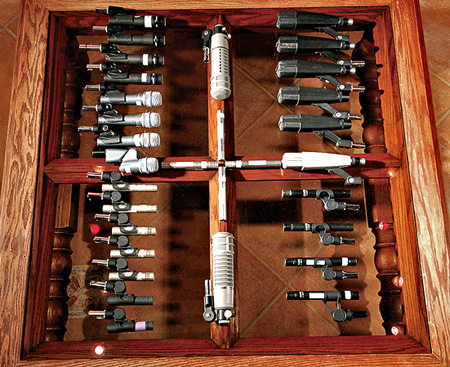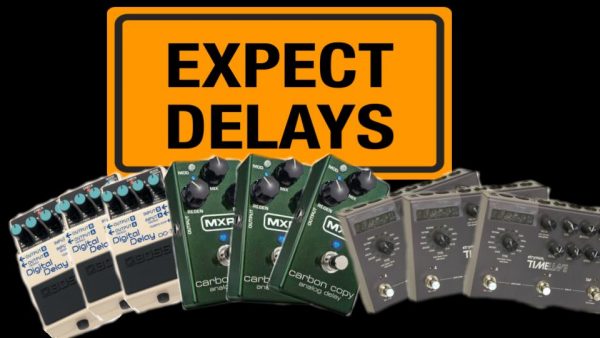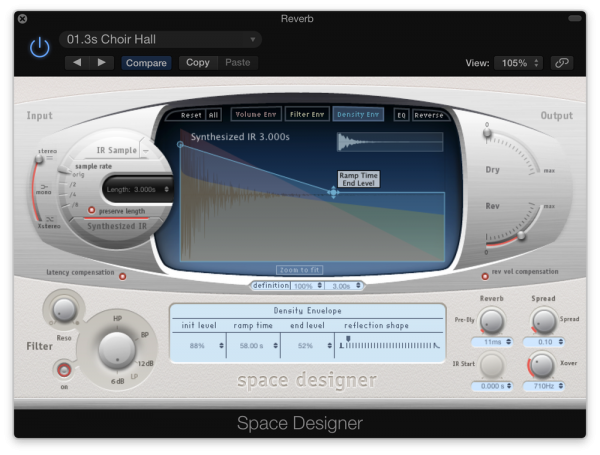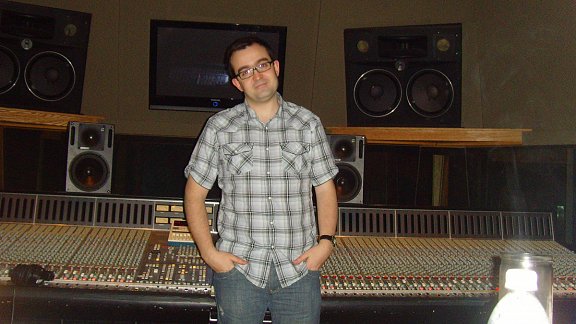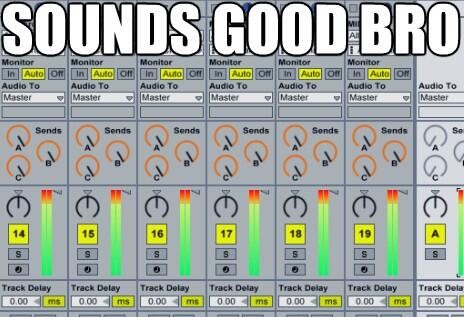
A Brief Guide To Compression
Compression Many people say that it is possible to have too much of a good thing. Compression is a perfect example of this. One of the most used and most loved dynamic effects and fundamental tools we have at our disposal whilst mixing, recording and mastering music. When starting out producing, usually with electronic music, people will want their music to “pump” or “sound thick” and many will try beef up their elements by using a compressor (probably after a quick Google) without actually knowing how to achieve it or what device to use. This article is going to hopefully try
Read post >
